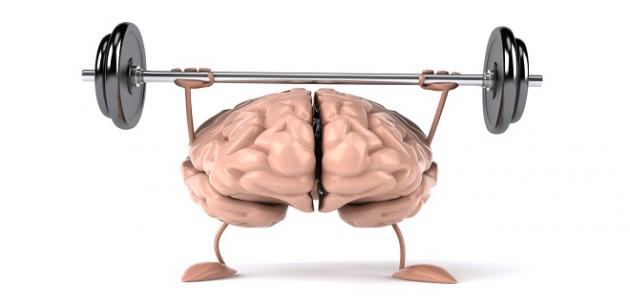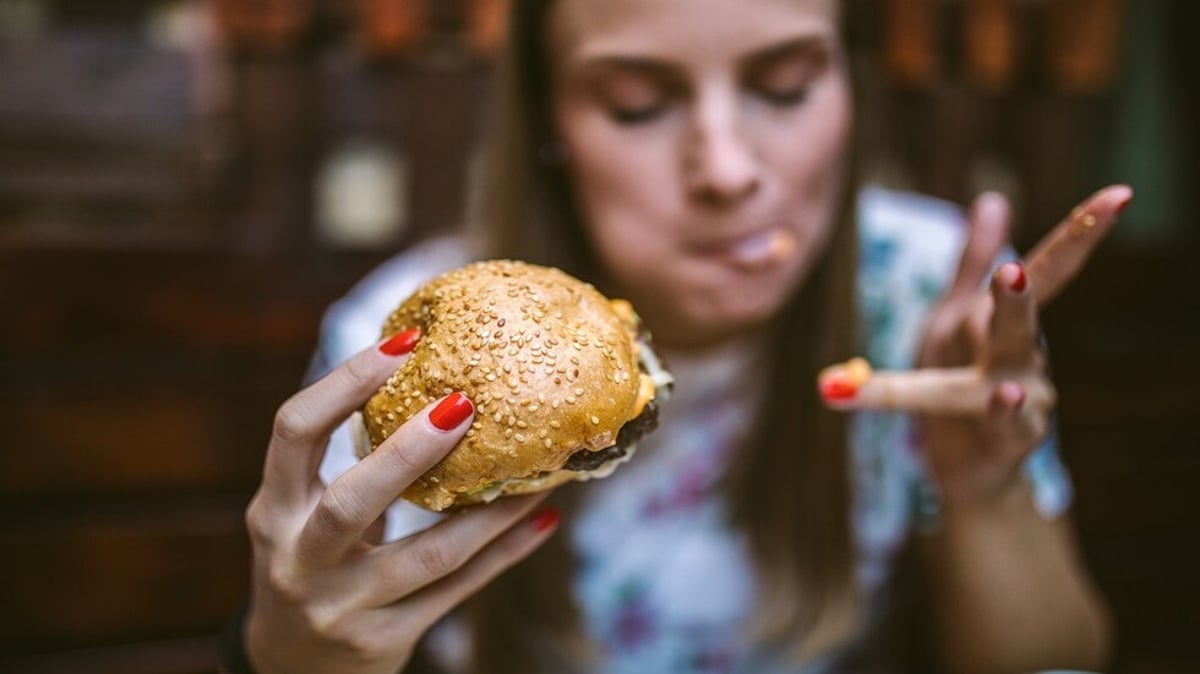“About the relationship between stress, emotional anger, and weight gain”
“The impact of stress and emotional anger on weight gain:” “A study on the existing relationship”
Introduction:
The relationship between stress, emotional anger, and weight gain is a very important topic deserving of study and attention. Psychological stress and negative emotions may play a significant role in dietary behaviors and weight control. Evidence and studies indicate a link between stress, emotional anger, and weight gain.
The body and the mind:

Research indicates that there is an interaction between the mind and body that affects human weight. When a person faces psychological pressures, When a person faces psychological pressures, the secretion of stress hormones like cortisol increases. This increase in cortisol levels can lead to an increased appetite, especially for foods high in sugars and fats.
Emotional eating

Stress and emotional anger can be factors contributing to emotional eating. Where individuals turn to food as a means to alleviate stress and improve mood. People facing psychological pressures tend to choose calorie-dense and sugary foods. leading to weight gain.
Emotional eating: Emotional eating involves consuming food as an emotional response rather than due to actual hunger. Individuals turn to eating for comfort or to cope with negative emotions such as sadness or anger.
Emotion-driven eating behaviors Stress and anger can lead to overeating. Especially high-calorie foods. leading to weight gain.
The impact of hormones.

Negative emotional states also affect the hormonal system in the body. High levels of cortisol can lead to fat storage. Especially in the abdominal area. Which increases the likelihood of weight gain.
Cortisol and stress. When an individual faces psychological pressures, the body increases its secretion of cortisol. which is the stress hormone. This increase can affect eating behavior. Some people tend to eat to alleviate stress.
The effect of cortisol on appetite. High levels of cortisol lead to increased appetite. Especially high-sugar and high-fat foods. This contributes to weight gain.
Eating behaviors

Stress can lead to changes in eating behaviors. Such as increased unconscious eating or lack of attention to what is being consumed. These behaviors can contribute to long-term weight gain.
Changes in eating behaviors Stress can lead to changes in eating behaviors, such as unconscious eating or engaging in unhealthy eating patterns.
The influence of emotions on food choices People experiencing stress tend to lean towards choosing foods high in sugars and fats. This leads to increased calorie consumption and can result in weight gain.
Therefore,
Understanding the relationship between stress, anger, and weight gain is important for maintaining individual health. Research indicates that managing stress and improving mental health can play a significant role in achieving and maintaining a healthy weight.
Advice:
If you are facing this issue, You can learn stress management strategies. such as exercising regularly and learning breathing and relaxation techniques. to improve your quality of life and contribute to maintaining a healthy weight.
Sources:
Some studies shedding light on the relationship between stress, anger, and weight gain:
A study published in the journal “Appetite” in 2018 found that stress can increase emotional eating tendencies. leading to increased calorie intake.
As indicated by a study published in “Obesity” in 2014 which increases during periods of stress can affect fat distribution in the body and increase fat accumulation in the abdominal area.
A study in the “Journal of Psychosomatic Research” in 2016 showed that stress can contribute to unhealthy eating behaviors such as overeating or emotional eating.
A study in the “Psychology of Sport and Exercise” may indicate that exercising can play a role in reducing stress and positively impacting mood, which could have a positive effect on eating behaviors.
In the “Journal of Consulting and Clinical Psychology”, a study reviews the effectiveness of stress management techniques such as meditation and breathing techniques in improving mental health and reducing stress which can have a positive impact on eating behaviors.

